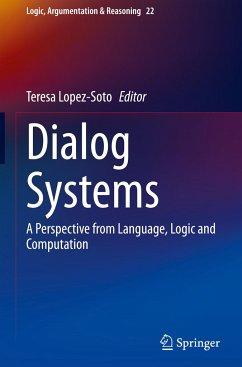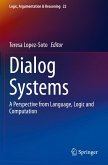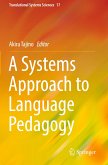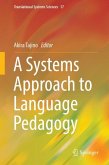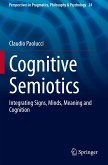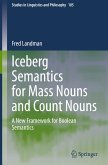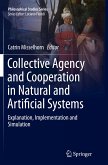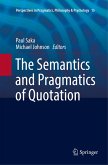This book focuses on dialog from a varied combination of fields: Linguistics, Philosophy of Language and Computation. It builds on the hypothesis that meaning in human communication arises at the discourse level rather than at the word level. The book offers a complex analytical framework and integration of the central areas of research around human communication. The content revolves around meaning but it also gives evidence of the connection among different points of view.
Besides discussing issues of general interest to the field, the book triggers theoretical argumentation that is currently under scientific discussion. It examines such topics as immanent reasoning joined with Recanati's lekta and free enrichment, challenges of internet conversation, inner dialogs, cognition and language, and the relation between assertion and denial. It proposes a dialogical framework for intra-negotiation and gives a geolinguistic perspective on spoken discourse. Finally,it examines dialog and abduction and sheds light on a generation of dialog contexts by means of multimodal logic applied to speech acts.
Besides discussing issues of general interest to the field, the book triggers theoretical argumentation that is currently under scientific discussion. It examines such topics as immanent reasoning joined with Recanati's lekta and free enrichment, challenges of internet conversation, inner dialogs, cognition and language, and the relation between assertion and denial. It proposes a dialogical framework for intra-negotiation and gives a geolinguistic perspective on spoken discourse. Finally,it examines dialog and abduction and sheds light on a generation of dialog contexts by means of multimodal logic applied to speech acts.

